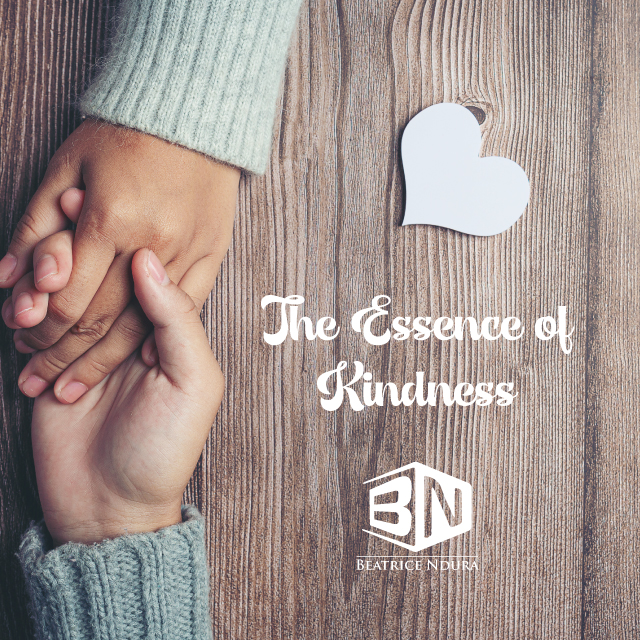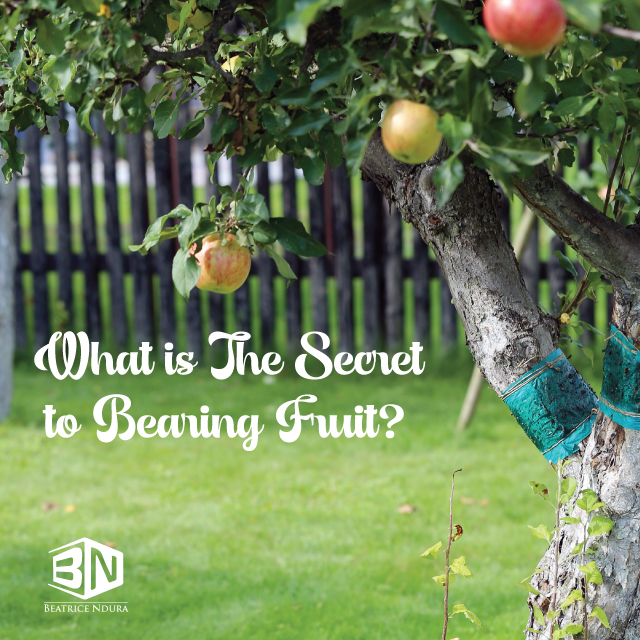In a world that can often feel chaotic and unforgiving, kindness stands out as one of the most beautiful aspects of our humanity. This powerful attribute encompasses sympathy, empathy, compassion, and unconditional love. At its core, kindness is an unselfish concern for others, often manifested in actions that seek to uplift without expectation of recognition or reciprocation. As defined in Galatians 5:22, kindness is a fruit of the Holy Spirit, a divine gift that encourages us to reach out to those in need.
The Essence of Kindness
Kindness is more than just a fleeting act; it is a way of being. Kind individuals embody a sense of confidence and comfort in their own skin. They possess a clear understanding of themselves and recognize the source of their goodness. This self-awareness allows them to extend love freely and give generously without any strings attached. Such individuals do not engage in acts of kindness to please others; rather, they assertively set boundaries, ensuring that their kindness stems from a place of authenticity.
However, it’s crucial to differentiate between kindness and niceness. While niceness can be a learned behavior, it often lacks depth and can come across as superficial. A person may adopt a nice persona in order to fit in or gain approval. This approach, often characterized by people-pleasing tendencies, derives from a vulnerability that can be easily exploited. Such individuals may experience internal hurt when their efforts go unrecognized or unappreciated.
Cultivating Genuine Kindness
So, how can we develop genuine kindness in our lives? The answer lies in recognizing the myriad opportunities for kindness that exist all around us. Every encounter and interaction provides a chance to practice compassion and selfless concern for others. Here are some actionable steps to nurture kindness in your daily life:
1. Practice Active Listening: Give others your undivided attention. Showing genuine interest in someone’s thoughts and feelings can significantly impact their emotional well-being and foster a sense of connection.
2. Offer Compliments and Appreciation: Simple words spoken in kindness can be transformative. Expressing gratitude and acknowledging the efforts of others can be a healing catalyst that uplifts both the giver and the receiver.
3. Engage in Random Acts of Kindness: Whether it’s holding the door for someone, paying for a stranger’s coffee, or leaving a supportive note for a colleague, these small gestures can create ripples of kindness that extend beyond the immediate moment.
4. Volunteer Your Time: Sharing your time and skills with those who are less fortunate is a profound way to embody kindness. Engaging in community service or simply helping a neighbor in need fosters a sense of community and mutual support.
5. Be Mindful of Your Words: Words hold power. Choosing to speak kindly, even in challenging situations, can diffuse tension and promote understanding.
The Benefits of Kindness
The advantages of embracing kindness are vast and profound. When we practice kindness, we emulate scriptural teachings and become doers of the word, enhancing our spiritual walk with God. Furthermore, kindness breeds joy and contentment, not only in the recipient but also in the giver.
1. Spiritual Health: Engaging in acts of kindness strengthens our relationship with the Divine. Kindness aligns our hearts with the values of love and compassion, guiding us toward a more robust spiritual life.
2. Emotional Well-being: Kindness can be a powerful antidote to stress and anxiety. It promotes feelings of happiness, fulfillment, and inner peace, allowing both the giver and receiver to experience emotional nourishment.
3. Sharpened Social Skills: Consistent acts of kindness foster genuine connections. As we engage positively with others, we develop stronger social skills, build lasting relationships, and contribute to a more compassionate society.
4. Community Building: When we show kindness, we inspire others to do the same. This creates a culture of compassion that can transform communities, fostering an environment where people support and uplift one another.
In Conclusion
Kindness, with its unselfish concern for others, is a transformative force in our lives. As we cultivate this virtue, we not only enhance our spiritual and emotional well-being but also contribute positively to the world around us. The path to kindness begins within us; by embracing our own authenticity and extending compassion to others, we can create a ripple effect of love and generosity.
Let us strive to embody kindness in every facet of our lives, recognizing it as both a spiritual gift and a profound responsibility. In doing so, we contribute to a world that desperately needs compassion, understanding, and connection. After all, kindness is not just an act; it’s a way of life.
Beatrice Ndura is a Mental Health Coach, a writer, and the host of the Musings Podcast, which addresses mental and spiritual health. Through her work, she encourages individuals to embrace kindness and cultivate their inner strength for a more fulfilling life.
“The images used in this article are AI-generated, created using advanced algorithms to visually represent the content.”






